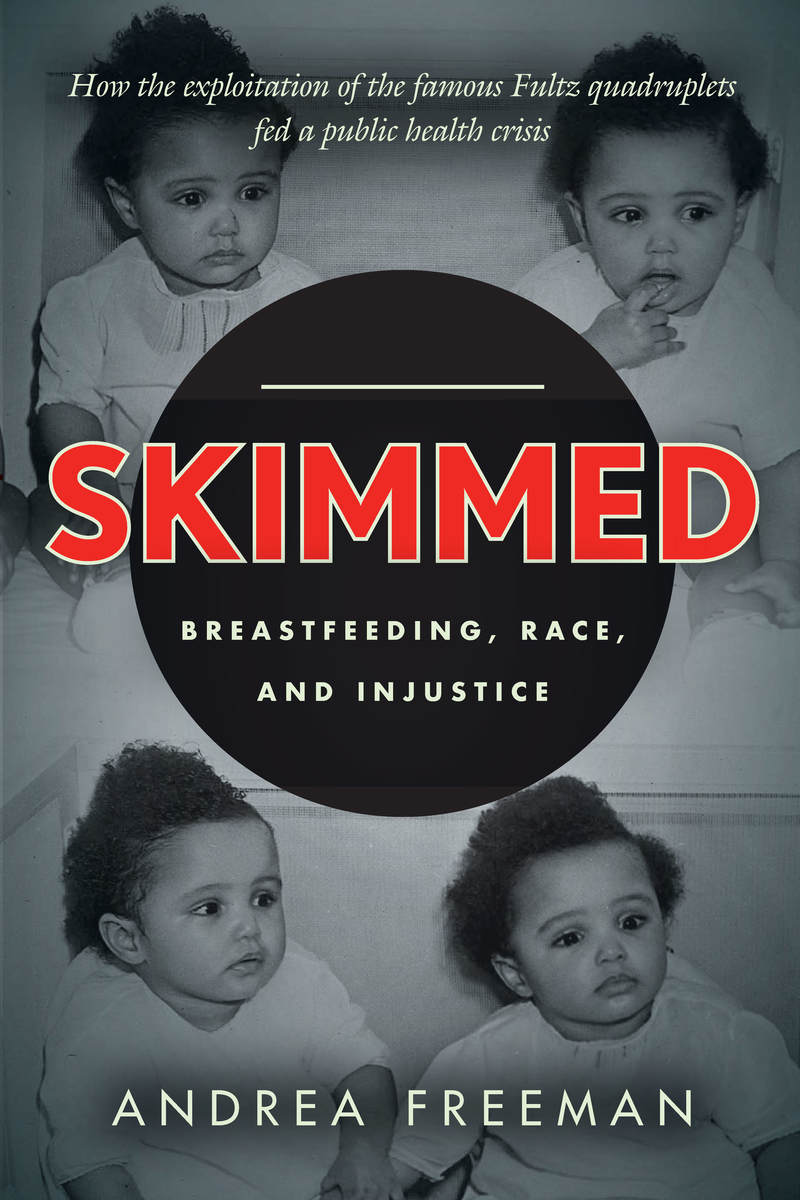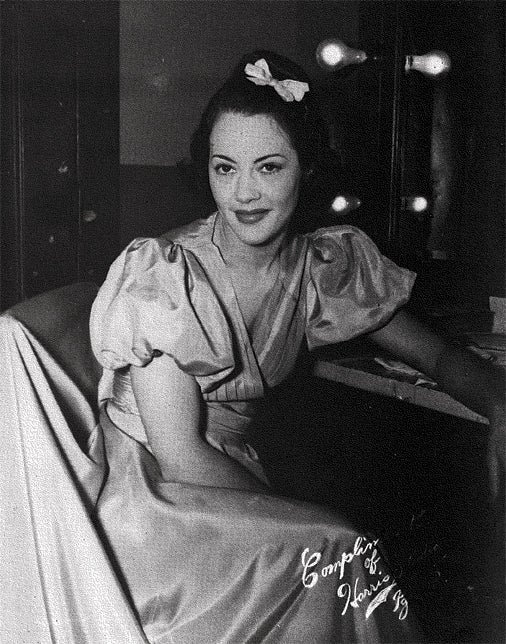Skimmed: Breastfeeding, Race, and InjusticePosted in Biography, Books, Family/Parenting, Law, Media Archive, Monographs, Social Justice, Women on 2020-03-10 18:07Z by Steven |
Skimmed: Breastfeeding, Race, and Injustice
Stanford University Press
December 2019
304 pages
Cloth ISBN: 9781503601123
Digital ISBN: 9781503610811
Andrea Freeman, Associate Professor of Law
William S. Richardson School of Law
University of Hawai’i, Mānoa
Born into a tenant farming family in North Carolina in 1946, Mary Louise, Mary Ann, Mary Alice, and Mary Catherine were medical miracles. Annie Mae Fultz, a Black-Cherokee woman who lost her ability to hear and speak in childhood, became the mother of America’s first surviving set of identical quadruplets. They were instant celebrities. Their White doctor named them after his own family members. He sold the rights to use the sisters for marketing purposes to the highest-bidding formula company. The girls lived in poverty, while Pet Milk’s profits from a previously untapped market of Black families skyrocketed.
Over half a century later, baby formula is a seventy-billion-dollar industry and Black mothers have the lowest breastfeeding rates in the country. Since slavery, legal, political, and societal factors have routinely denied Black women the ability to choose how to feed their babies. In Skimmed, Andrea Freeman tells the riveting story of the Fultz quadruplets while uncovering how feeding America’s youngest citizens is awash in social, legal, and cultural inequalities. This book highlights the making of a modern public health crisis, the four extraordinary girls whose stories encapsulate a nationwide injustice, and how we can fight for a healthier future.
 President John F. Kennedy visits with Mary Alice Fultz, Mary Louise Fultz, Mary Anne Fultz, and Mary Catherine Fultz, a set of quadruplets from Milton, North Carolina, 2 August 1962. Robert Knudsen. White House Photographs. John F. Kennedy Presidential Library and Museum, Boston, 1962-08-02. |
Contents
- 1. Introduction: A Formula for Discrimination
- 2. The Famous Fultz Quads
- 3. Black Breastfeeding in America
- 4. The Bad Black Mother
- 5. When Formula Rules
- 6. Legalizing Breast Milk
- 7. The Fultz Quads after Pet Milk
- Conclusion: “First Food” Freedom








